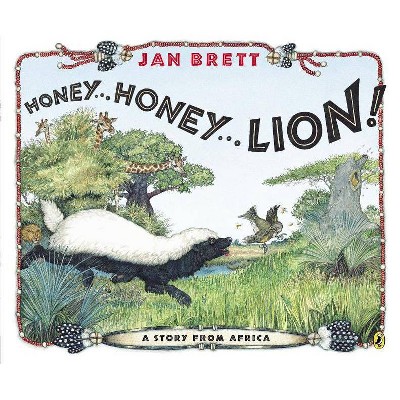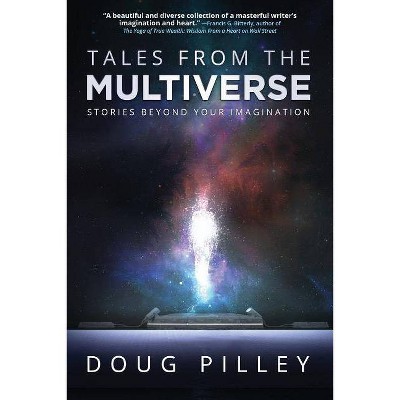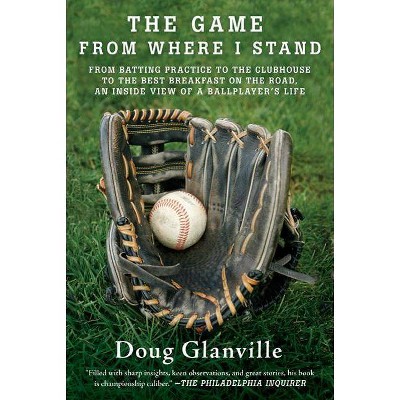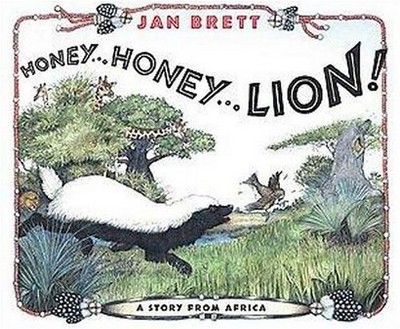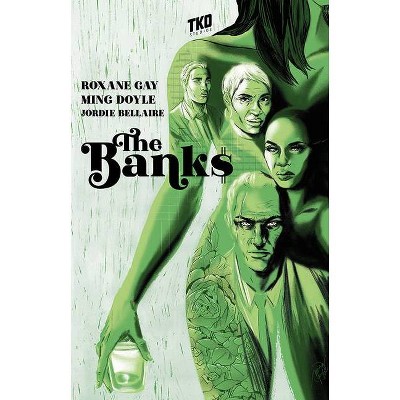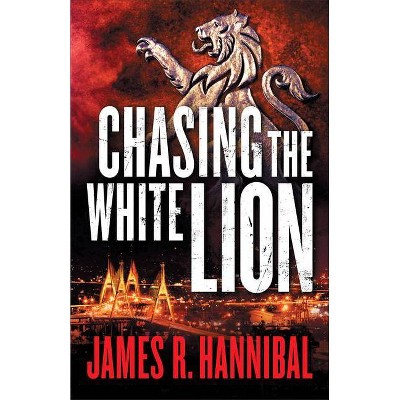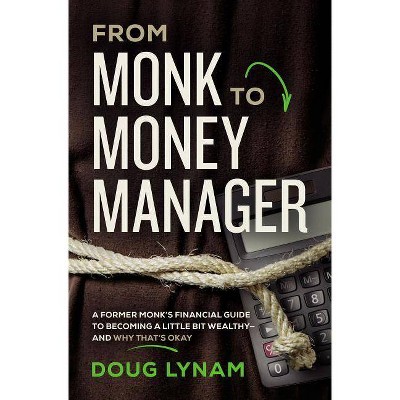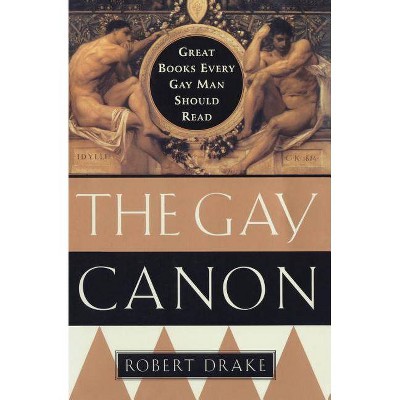Honey from the Lion - by Doug Gay (Paperback)
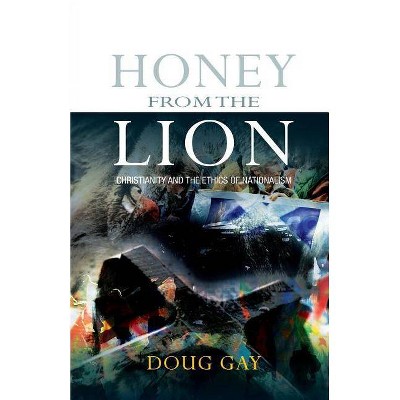
Similar Products
Products of same category from the store
AllProduct info
<p/><br></br><p><b> About the Book </b></p></br></br>Doug Gay explores the ethics of nationalism, recognising that for many Christians, churches and theologians, nationalism has often been seen as intrinsically unethical due to a presumption that at best it involves privileging one nations interests over anothers and at worst it amounts to a form of ethnocentrism or even racism. Gay argues that there is another tradition of thinking nationalism, which can be related to state formation in early modern and modern Europe and North America, decolonisation in the 20th C and the reshaping of Central and Eastern Europe post 1989. This tradition represents a political response to various forms of empire and an assertion of a desire for self-determination in opposition to domination by an imperial or colonial power. This trajectory has not yet been adequately recognised within political theology and Christian ethics, which remains suspicious of the language of nationalism, while quietly acquiescing in its acceptance of the political legitimacy of most existing nation-states.<p/><br></br><p><b> Book Synopsis </b></p></br></br>Doug Gay explores the ethics of nationalism, recognising that for many Christians, churches and theologians, nationalism has often been seen as intrinsically unethical due to a presumption that at best it involves privileging one nation's interests over anothers and at worst it amounts to a form of ethnocentrism or even racism. Gay argues that there is another tradition of thinking nationalism, which can be related to state formation in early modern and modern Europe and North America, decolonisation in the 20th C and the reshaping of Central and Eastern Europe post 1989. This tradition represents a political response to various forms of 'empire' and an assertion of a desire for self-determination in opposition to domination by an imperial or colonial power. This trajectory has not yet been adequately recognised within political theology and Christian ethics, which remains suspicious of the language of nationalism, while quietly acquiescing in its acceptance of the political legitimacy of most existing nation-states. The book offers a clear challenge to this approach, suggesting it lacks self-awareness and moral authority and proposes a critical rehabilitation of the discourse of nationalism, as necessary and helpful in relation to creating an honest and transparent discourse about the legitimacy of state boundaries. What makes any nationalism - whether regnant or aspiring - 'ethical' for Christian theology?<p/><br></br><p><b> Review Quotes </b></p></br></br><br>I found this a fascinating read â very accessible to myself as a non-theologian. Doug Gay goes below the slogans surrounding nationalism and shows that it is totally reasonable to have both a strong commitment to the Christian faith and a strong commitment to Scottish nationalism.--John MasonÂ<br><br>Mediating the rich tradition of Scottish moral and practical theology, Gay addresses the question of how we should love our nation and value our national identity. The context for asking this question is this our kairos moment in the centuries long struggle between Scotland and England that has profoundly shaped the political order and imagination of both these nations. Out of this context Gay offers us a timely, provocative and pastoral challenge to reimagine a category that still shapes so much political life and thought throughout the world.--Luke BrethertonÂ<br><br>Doug Gay has produced a forceful theological defence of nationalism set within the context of contemporary Scottish culture and politics. He has delivered a bold and stimulating theological argument for independence which no one will find dull. The most substantial theological contribution to the subject for many years, this book deserves to be widely read and debated. The author hopes that his work may still prove relevant following the outcome of the 2014 referendum ? I have no doubt of that.<br>--David FergussonÂ<br><br>In Honey from the Lion the wealth of theology is brought into Scotland's independence debate. Doug Gay plunders the riches of the biblical and ecumenical tradition to show why Scottish nationalism can be a sweet vision for the common good, if seasoned with Reformed salt. Taste and savour. I did. <p/>--William StorrarÂ<br>
Price History
Price Archive shows prices from various stores, lets you see history and find the cheapest. There is no actual sale on the website. For all support, inquiry and suggestion messagescommunication@pricearchive.us
